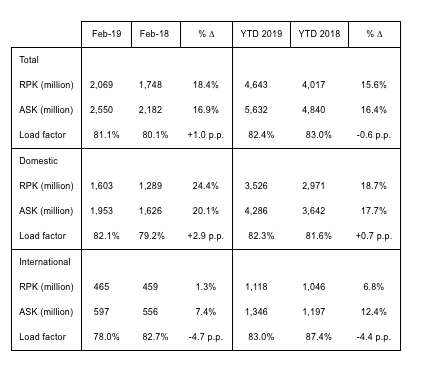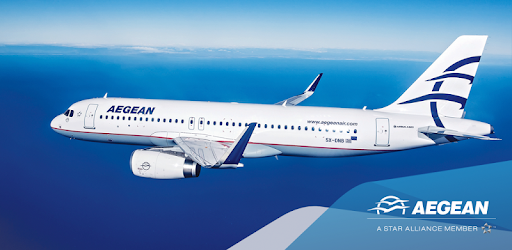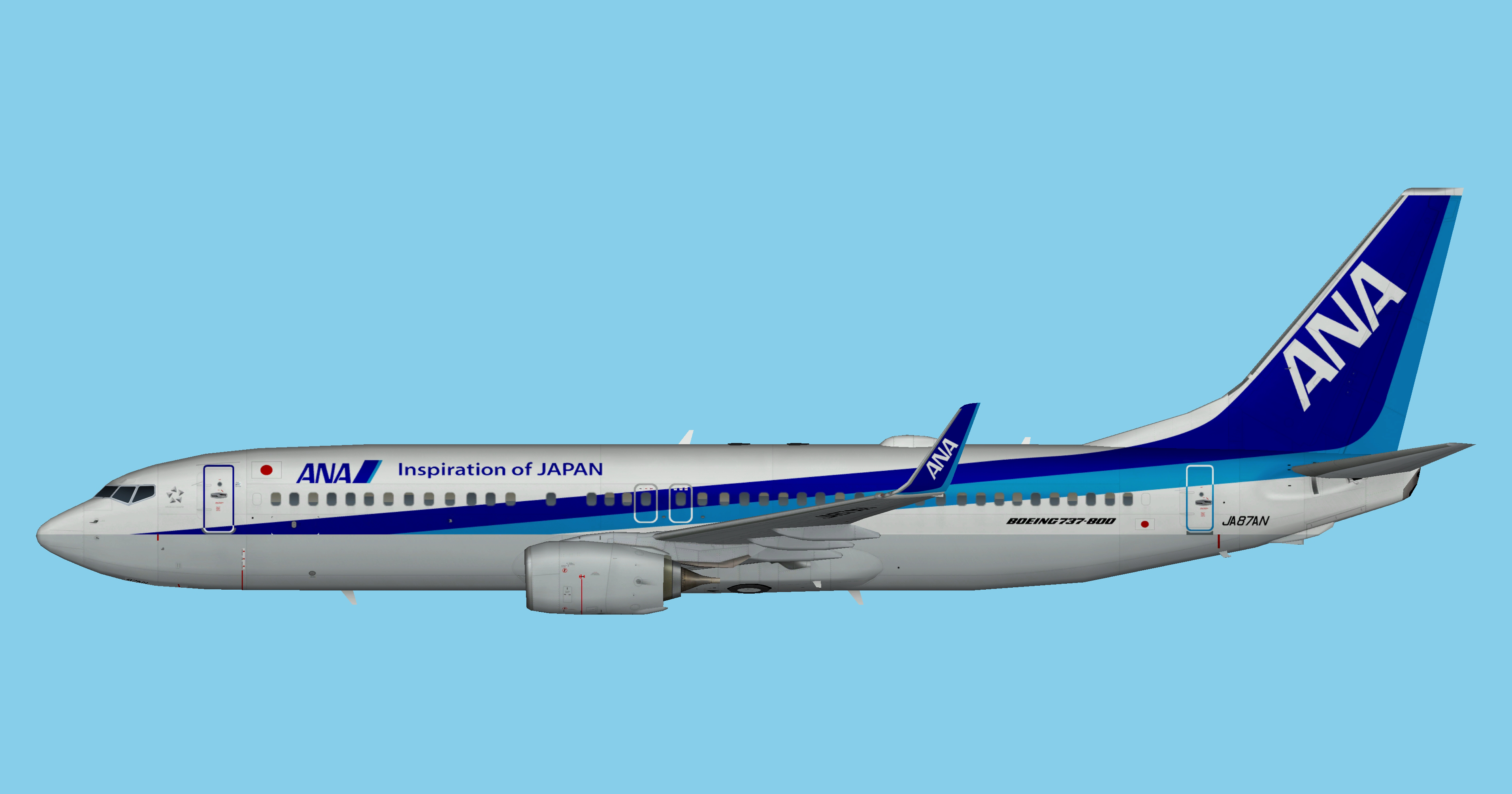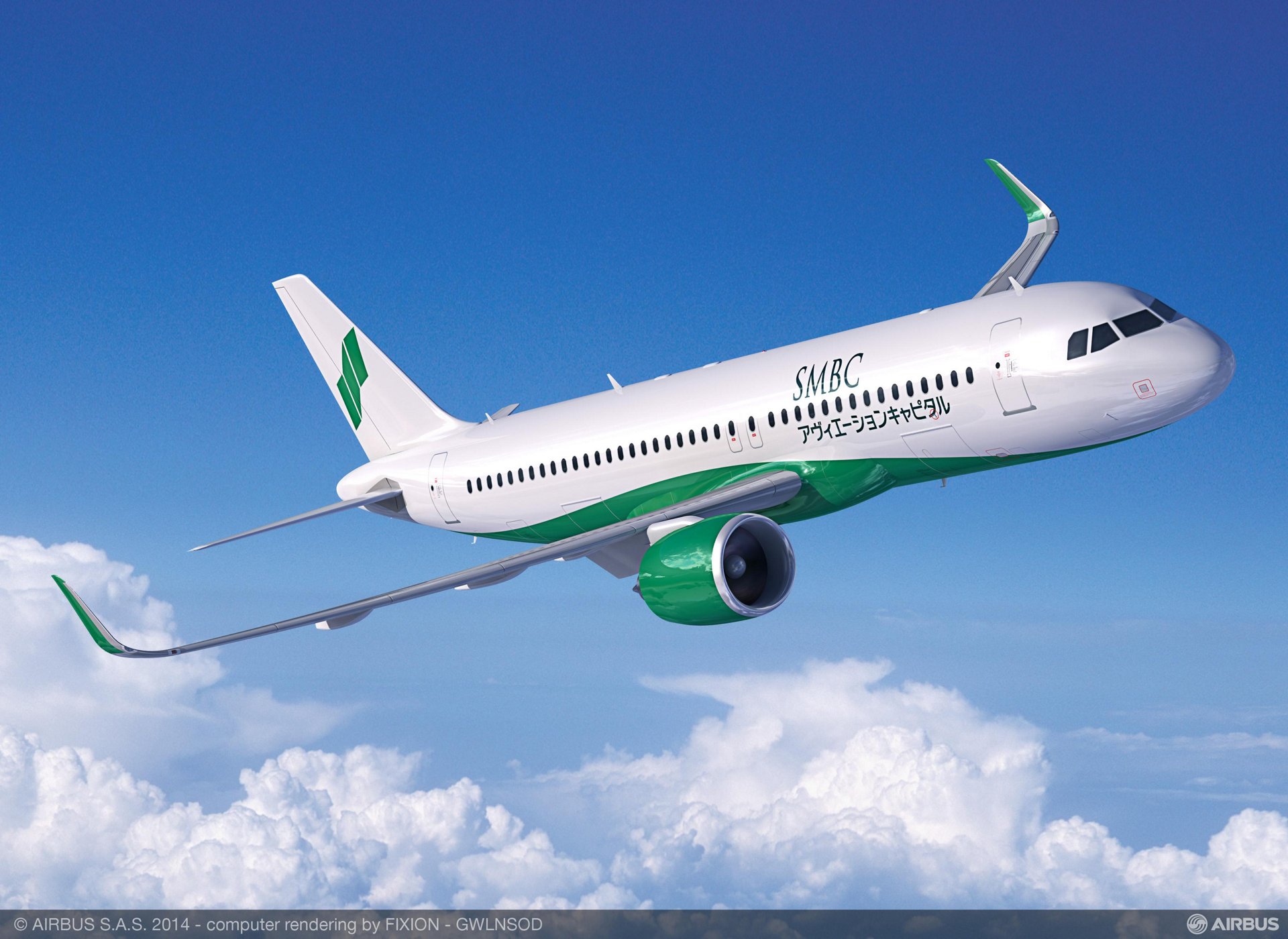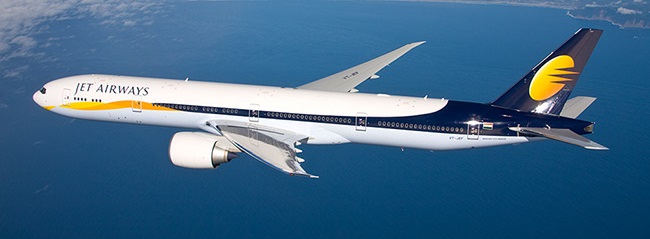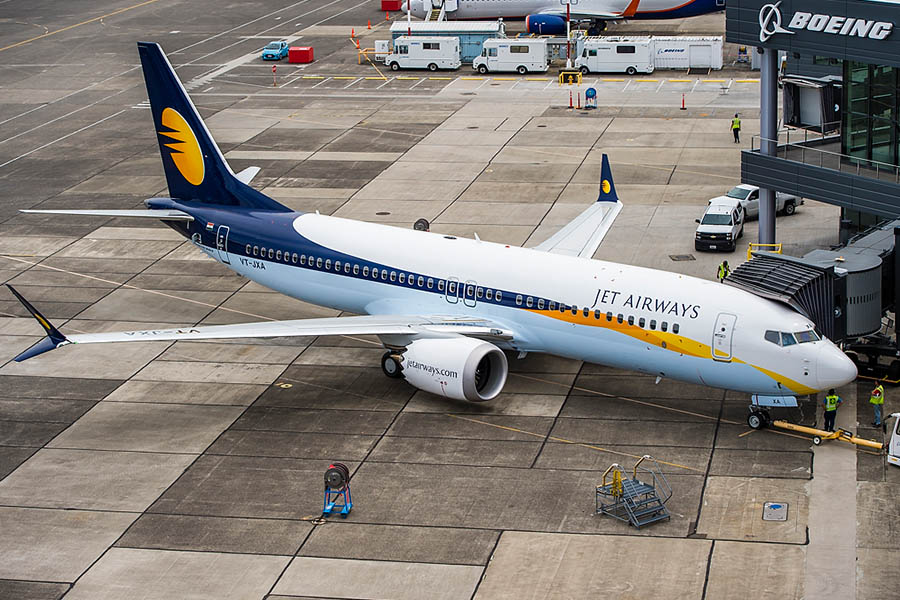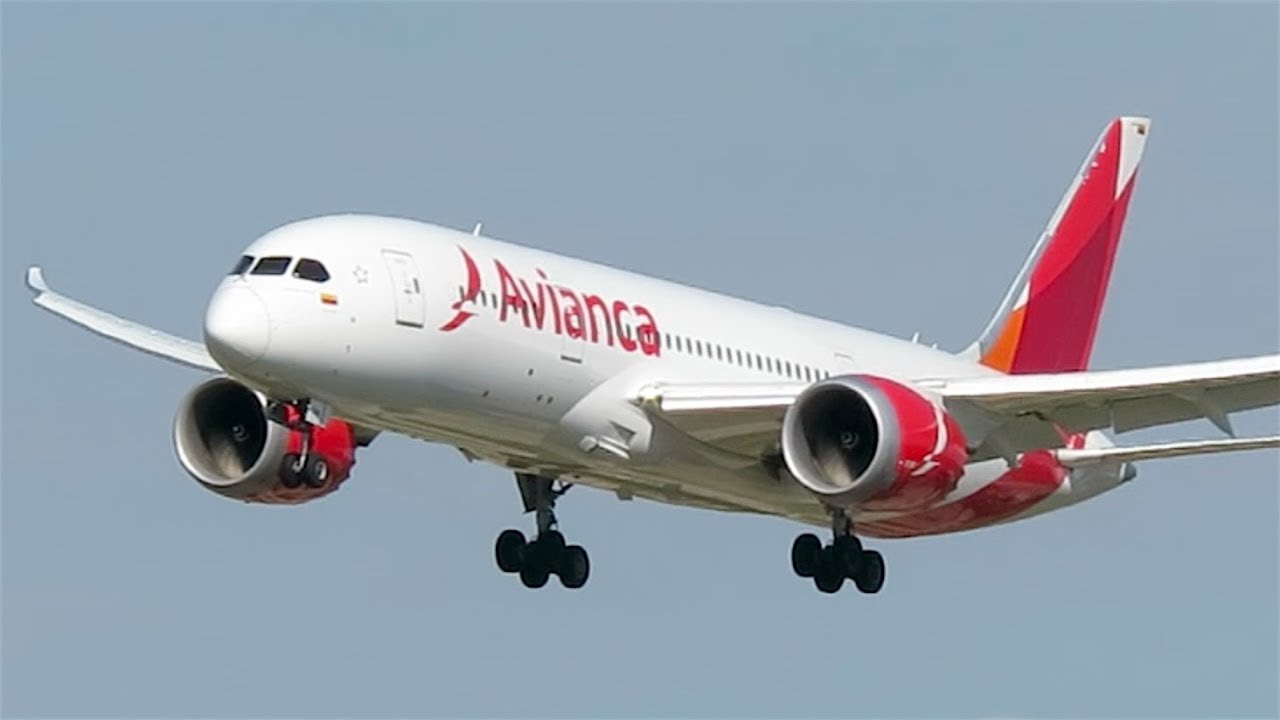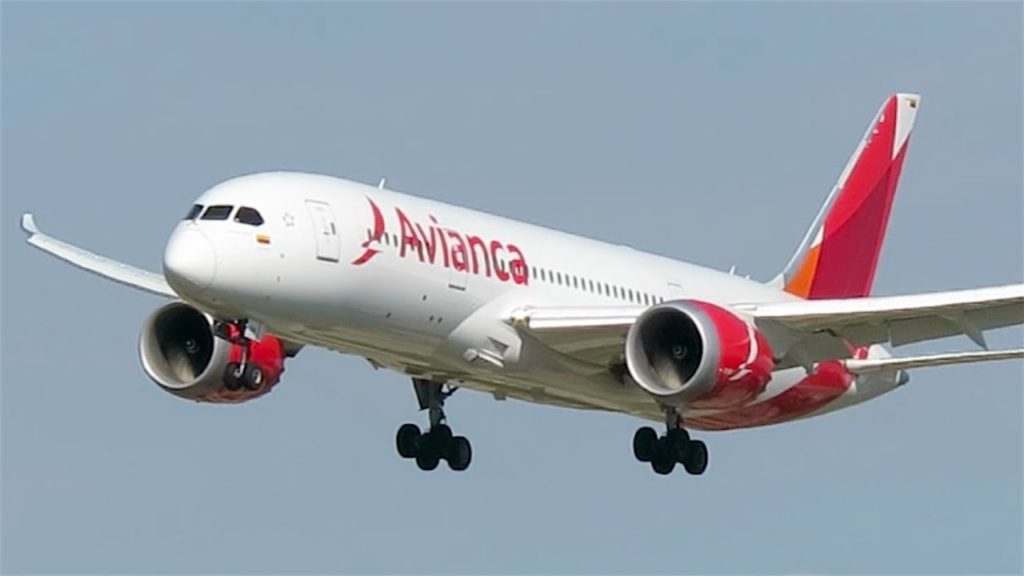NAIROBI (Reuters) – There are encouraging signs that European planemaker Airbus is closing in on a long-negotiated deal with China for dozens of new narrow-body jets, an aide to French President Emmanuel Macron said on Thursday.
The official said there were hopes Airbus would nail down the multibillion-dollar order when President Xi Jinping visits Europe later this month, but acknowledged there would unlikely be confirmation until the eleventh hour.
“The talks are ongoing,” the official said. “It will be difficult to know for sure until the day before, but the signs are positive.”
China has become a key hunting ground for Airbus and its leading rival Boeing, thanks to surging travel demand, but the outlook has been complicated by Beijing’s desire to grow its own industrial champions and, more recently for Boeing, the U.S.-China trade war.
Macron unexpectedly failed to clinch the Airbus order during a trip to China in early 2018 and the French government and Airbus have been working since to salvage it.
Macron said at the time that China would buy 184 A320 narrow-body jets, an order worth $18 billion at list prices.
The Elysee Palace official also said Airbus was discussing a new order with Ethiopian Airlines. The official gave no details on the size of the potential new Ethiopian order but cited the long-range A350, a model which Ethiopian already operates, and the single-aisle A320 jet as aircraft of interest to the airline.
Macron and Ethiopia’s Prime Minister Abiy Ahmed discussed the negotiations during Macron’s visit to Addis Ababa on Tuesday, two days after an Ethiopian Airlines Boeing 737 MAX 8 crashed after taking off, killing all 157 people on board.
Industry analysts played down a possible link between any current negotiations and Sunday’s crash. Ethiopian has been undertaking a major fleet expansion and regularly talks to the market, they said, adding that order talks take time.
(Reporting by John Irish; Writing by Richard Lough; Editing by Mark Potter)


